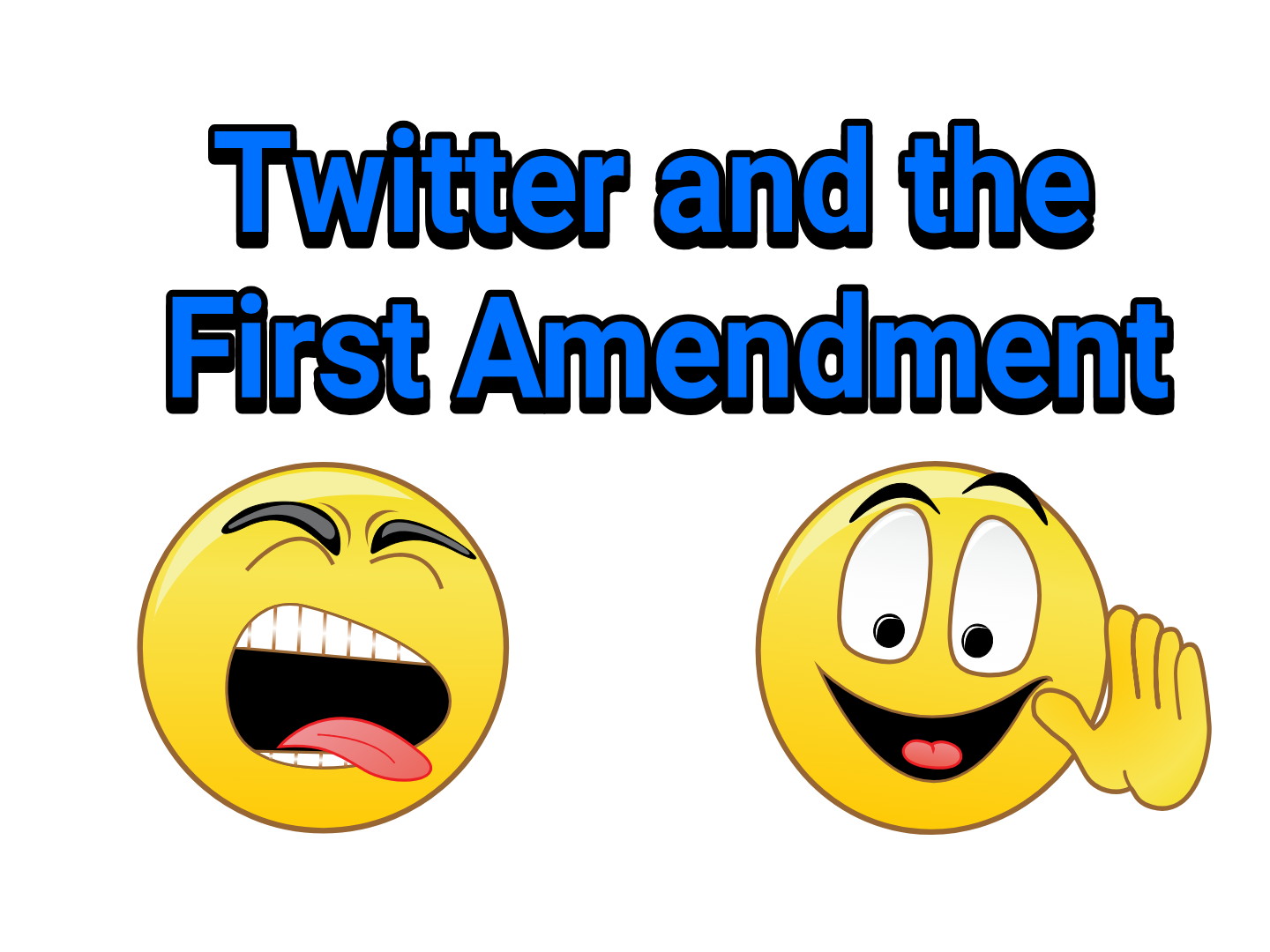- Free Consultation: (631) 352-0050 Tap Here to Call Us
Update: Appeals Court Upholds Ruling Concerning President’s Twitter Account and First Amendment Speech

On June 4, 2018, we blogged about a federal lawsuit concerning whether President Trump’s Twitter account invokes First Amendment concerns. We wrote about a federal District Judge’s decision in the lawsuit which held that the President’s twitter account is a public forum subject to First Amendment protections. Today, the Second Circuit Court of Appeals reviewed the District Court’s decision. What did the appeals court rule? Today’s civil rights blog discusses the decision.
In Knight Institute v. Trump, a group of individuals sued President Trump. The individuals criticized the President on Twitter, then they were blocked from the President’s personal Twitter account. The individuals alleged that the President’s actions constituted a violation of the First Amendment’s free speech guarantees. The Southern District of New York agreed.
On appeal, the Second Circuit considered whether President Trump’s use of Twitter’s blocking function constituted conduct in violation of the First Amendment. The government argued that the Presidents use of his personal Twitter account (@realDonaldTrump), is private conduct. Private conduct is not regulated by the First Amendment whereas government conduct is. Indeed, the government noted that the President established his Twitter account in 2009, long before he became president.
But, the parties agreed that President Trump uses his Twitter account as a means for communicating about his administration and for interacting with the public. The Court determined that the president’s Twitter account generated an extraordinary level of engagement. Further, the Court determined that the President does not generally limit the users who can engage with his account.
Moreover, the Court determined that the President’s Twitter account bears other indicia of an official state run account, including that it is registered to the 45th President of the United States, photographs show the President engaged in official business, and the President and members of his administration describe the account as official. In fact, the Court noted that the administration describes the account as a “main vehicle” for engaging in official government business and the National Archives treats the account as official records.
After reaching these factual determinations, the Court rejected all of the government’s arguments and held that the evidence was “overwhelming” that the President’s use of Twitter constitutes official government action. The Court then recounted this overwhelming evidence, including the President’s declaration that the account is “Modern Day Presidential,” his administration’s description of the account as they way in which the President communicates with the American people,
This conclusion is important because, as the Court next noted, the First Amendment restricts only government action, not private action. In other words, if President Trump were acting solely as a citizen when blocking Twitter users, the First Amendment would not apply. But, if President Trump was acting as President, then the First Amendment would apply. In sum, the Court determined that the President’s Twitter account is not private.
The inquiry does not end here though. The next question is whether the President’s Twitter account is a public forum. Public forums cannot limit speech based on viewpoints. In other words, when a forum is public, the government cannot prohibit an individual from speaking about a particular point of view. Here, the court held that the President uses Twitter as a vehicle for governance and opened its interactive features up to the public. By doing so, the President created a public forum and could not censor particular accounts because he disagrees with the users’ viewpoints.
The Court further noted that it was not deciding several issues. First, it was not deciding whether an elected official could exclude individuals from entirely personal social media accounts. Second, it did not decide whether private social media companies, such as Twitter, Facebook, and Youtube, are bound by the First Amendment.
The Knight case is an important reminder about the impact of social media in the current era of political debate. Moreover, Knight re-affirms that centuries old principles embodied by the First Amendment, apply to the newest forms of communication, such as social media.
If you have questions about the First Amendment, civil rights, or free speech, contact a Long Island civil rights attorney at Famighetti & Weinick PLLC. Our telephone number is 631-352-0050 and our website is at http://linycemploymentlaw.com.
Twitter and the First Amendment









